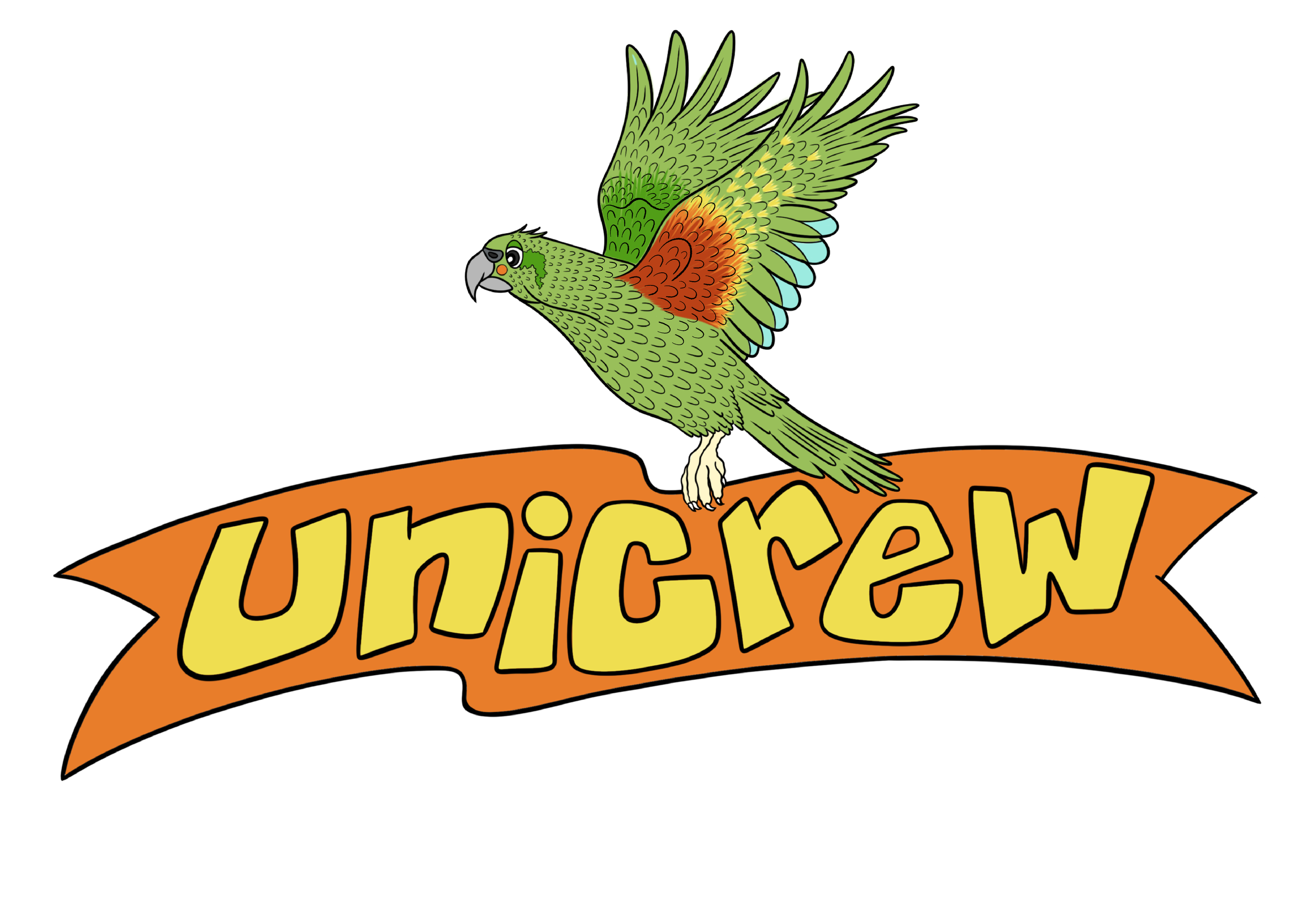Working Bee Volunteers - Save The Otago Peninsula (STOP)




Working Bee Volunteers - Save The Otago Peninsula (STOP)
Organisation
Save The Otago Peninsula (STOP)
Purpose
Save the Otago Peninsula (STOP) exists to protect and enhance the natural environment of the Peninsula. They monitor and react to potential threats to the environment. STOP also works to raise concern for the protection of the environment and organises practical ways for people/groups to contribute in your area.
Description
Save the Otago Peninsula (STOP) have working bees every week and we need your help to enhance conditions for the native fish in the creeks and add to the Future Forests so our peninsula has the best chance for the future.
What will you be doing?
Helping STOP to plant trees through Winter (up to September)
(Planting Involves: carrying a few bags of small native trees to planting locations, using a craft knife to cut a slot into sacking, some light digging turf with a small spade, wearing of gloves, placing fertiliser pellets into hole, positioning the native tree in the ground, using a mallet to hammer down sacking over newly planted tree with pegs, using mallet to hammer down wooden stakes to support trees, tagging, positioning the round chicken mesh/wire surrounds around the trees)Helping STOP focus on releasing native seedlings planted in previous years through Spring/Summer/Autumn
(Releasing ensures that the trees get plenty of light and don’t have grass competing for nutrition and water)STOP also work to enhance the conditions around the trees to speed up natural revegetation
(in areas adjacent to the remnants of the existing bush)Volunteering usually takes place on Tuesday or Sunday Mornings
(Please Note: Other times for groups can be arranged: Please see their Team opportunities)
What do volunteers get?
Initial induction: STOP's volunteer coordinator will show you what to do
To help establish future forests and enhance the creeks for native fish, so that the peninsula has the best chance for the future
The opportunity to participate and support a conservation project (Otago peninsula and local environment)
The chance to work together with others in the outdoors
Physical exercise and the chance to learn some new skills
Gardening tools are supplied
Food and drink: STOP provide morning tea/coffee but please also bring your own water and snacks
Location: Generally they work on the Smiths Creek Catchment on the Hereweka Harbour Cone Block but some weeks they go to other locations so please contact the site organiser before you come.
Requirements
Level of fitness: Must be able to walk across an uneven paddock
If you can garden then you can do this activity (go at your own pace)
Walking access to the site is approximately 20 to 30 minutes
The current planting site starts with a gentle hill approach, up to a flat section, and then goes up again for another steeper hill climb
Tasks will be tailored to your level
Transport: Please either drive or take the No 18 bus to get to the site
Location: The Smiths Creek Catchment
The Site is located at the no exit end of Bacon St in Turnbulls Bay - Next bay after Broad Bay on the Otago Peninsula (17k from CBD, 20-30 min - there is Parking for about 12 cars)
Alternatively: Catch the No 18 Portobello bus at 8.38am and ask to be let off at Bacon St in Turnbulls Bay
(Walk along to the no exit end. Buses back to town pass the Portobello Road end of Bacon St just after the hour)
Time Commitment
Regular volunteer working bees occur on Tuesday and Sunday.
Normally working bees start at 9.30am and stop for morning tea about 11.15am (2-3 hours). Some groups continue until about 12 or 12.30pm and either finish then, or have lunch on site, before leaving or working a little longer.
How to apply
Email Lala Frazer at stopincsoc@gmail.com
Please copy (CC) volunteer@otago.ac.nz into your application email. Also, we have a great email template and helpful tips on making an effective application here: https://www.unicrewotago.org/aboutpriceless










